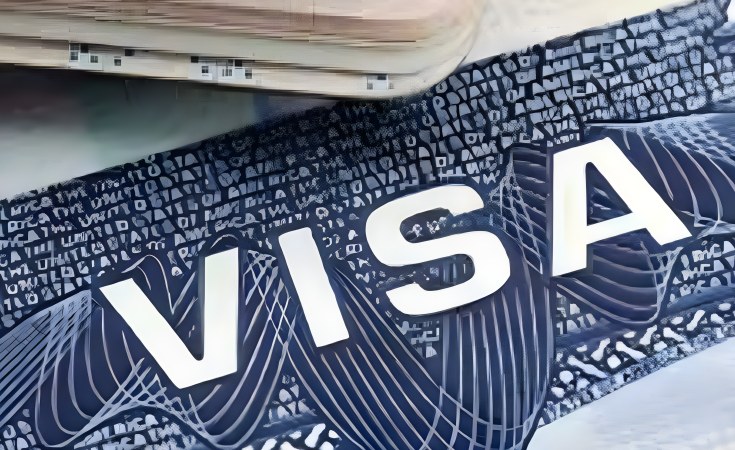Namibia is set to impose visa requirements on over 30 countries that do not offer reciprocal visa-free entry. Will this tit-for-tat strategy place Namibia on equal footing, or could it have negative repercussions?
Namibia has announced plans to adjust its visa policy to match the requirements of countries that mandate visas for Namibian citizens.
Starting in April next year, citizens from over 30 countries, including the US, Germany, and Japan, will need to obtain a visa and pay approximately $90 (€82) to enter Namibia.
"As reciprocity has not materialized, the Namibian government feels it would only be fair and equal to Namibians to have the same kind of policy as we are being subjected to," Gitta Paetzold, the CEO of the Hospitality Association of Namibia, told DW.
For decades, Namibia has hoped for reciprocal visa-free entry, particularly with developed countries. However, while citizens from countries like Germany can enter Namibia without a visa for stays up to 90 days, Namibians still face a lengthy process if they wish to enter Germany.
In July last year, the UK tightened its visa policy for Namibians, citing a large number of asylum applications. This move may have been the final impetus for Namibia to adopt a different approach towards countries that refuse to reciprocate visa-free entry, according to Paetzold.
Enough is enough
Many view this new policy as an example of Namibia asserting itself, garnering significant attention as a result.
"Namibia's approach reflects its desire to change some of the narratives that have been happening on the continent," says Emmanuel Bensah, an African Union (AU) and ECOWAS analyst based in Ghana.
Namibia is not the only Global South country revising its visa policies: Brazil also plans to reinstate visa requirements for the US, Canada, and Australia next year to match those countries' requirements.
Not a tit-for-tat situation
Namibian citizens often encounter bureaucratic hurdles, high costs, and rejections from countries with visa requirements.
"For me, it was very difficult to get into Europe. It was a three-month process. The interview was nerve-wracking," Shelleygan Petersen told DW in Windhoek.
Although Namibians have a relatively low rejection rate for the Schengen area -- around 5% in 2023 -- there is still much more red tape for Namibian travelers than this new policy seems to involve.
According to the Namibian government, visas will be processed on arrival or online, with no mention of interviews or long waiting times for applicants.
Tourism industry may see repercussions
Namibia relies heavily on tourism and foreign investments, which Bensah fears could be disrupted by the new visa policy.
According to the World Bank, foreign direct investment inflow to Namibia was 8.4% in 2022, while tourism accounts for about 7% of GDP.
While Paetzold does not believe the visa will completely deter tourists, there are concerns that the visa fee could alter travel plans, especially for the lower and middle market.
"People might just choose to go to South Africa, where they don't need a visa," Paetzold explained.
Several clarifications from the government are still pending. For instance, it is unclear how this policy would affect day-trippers from neighboring countries. Long queues could significantly impact such travels. It is also not clear how travelers will prove they do not have a criminal record.
But Paetzold believes travelers should not expect major disruption.
"If the process is easy enough to comply with, then I don't think it should be a problem."
Energy better invested in a visa-free Africa?
Namibia's move comes at a time when the AU is still struggling to implement visa-free intercontinental travel.
The fact that Africans are more restricted in traveling across Africa than, for example, European visitors is paradoxical. Only five countries -- Benin, The Gambia, Rwanda, Seychelles, and Kenya -- offer visa-free access to all Africans.
According to Bensah, Namibia should have prioritized adopting a visa-free regime for AU member states rather than implementing a tit-for-tat policy for Western countries. This could have included opening a dialogue with other AU states to identify a common way forward.
"You need to be mindful about how you weigh certain things: Tourism, investments, national priorities," Bensah added.
Edited by: Ineke Mules
While you're here: Every weekday, we host AfricaLink, a podcast packed with news, politics, culture and more. You can listen and follow AfricaLink wherever you get your podcasts.


